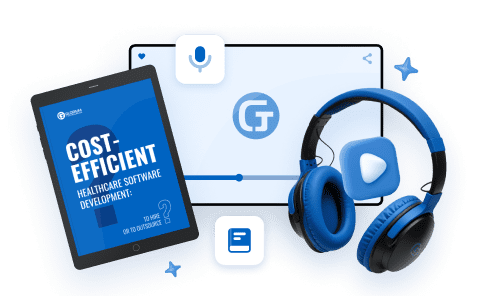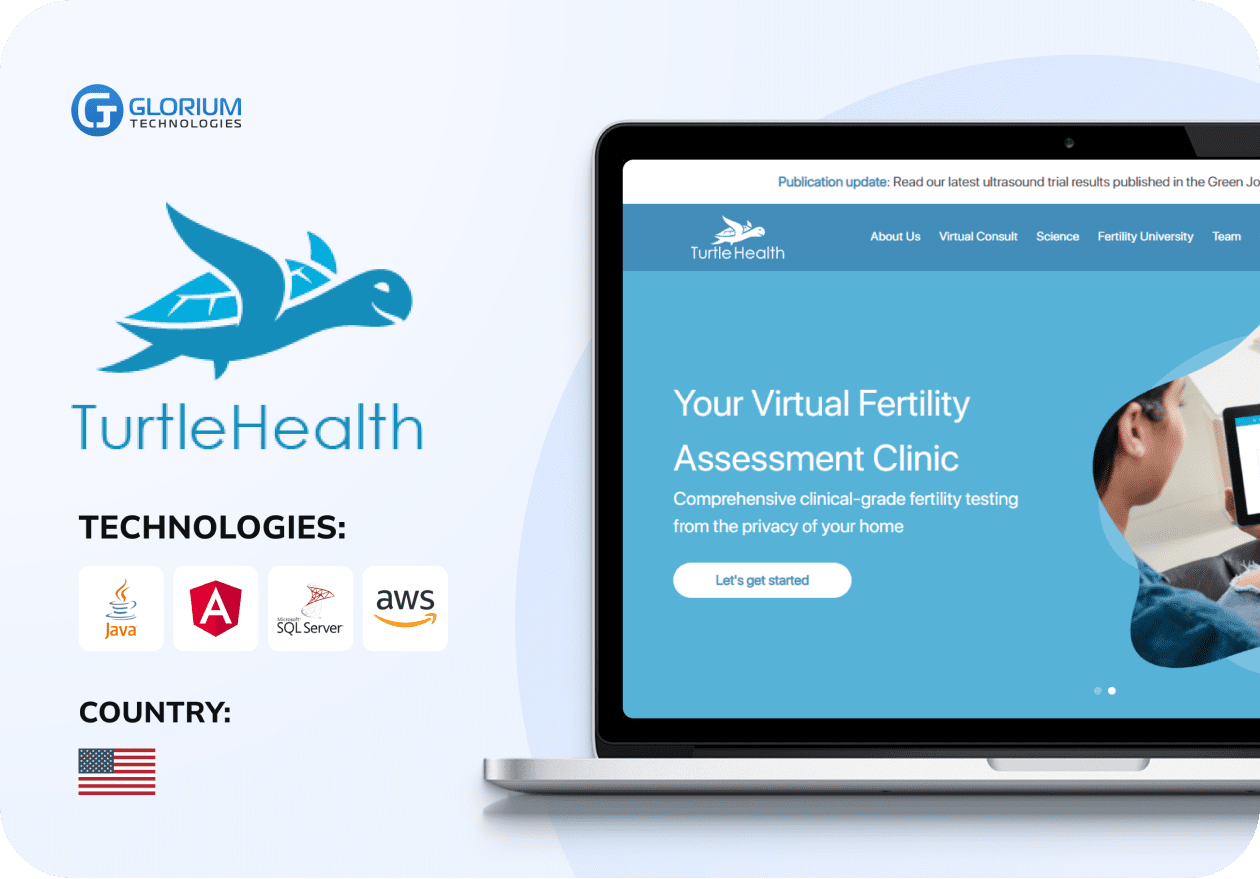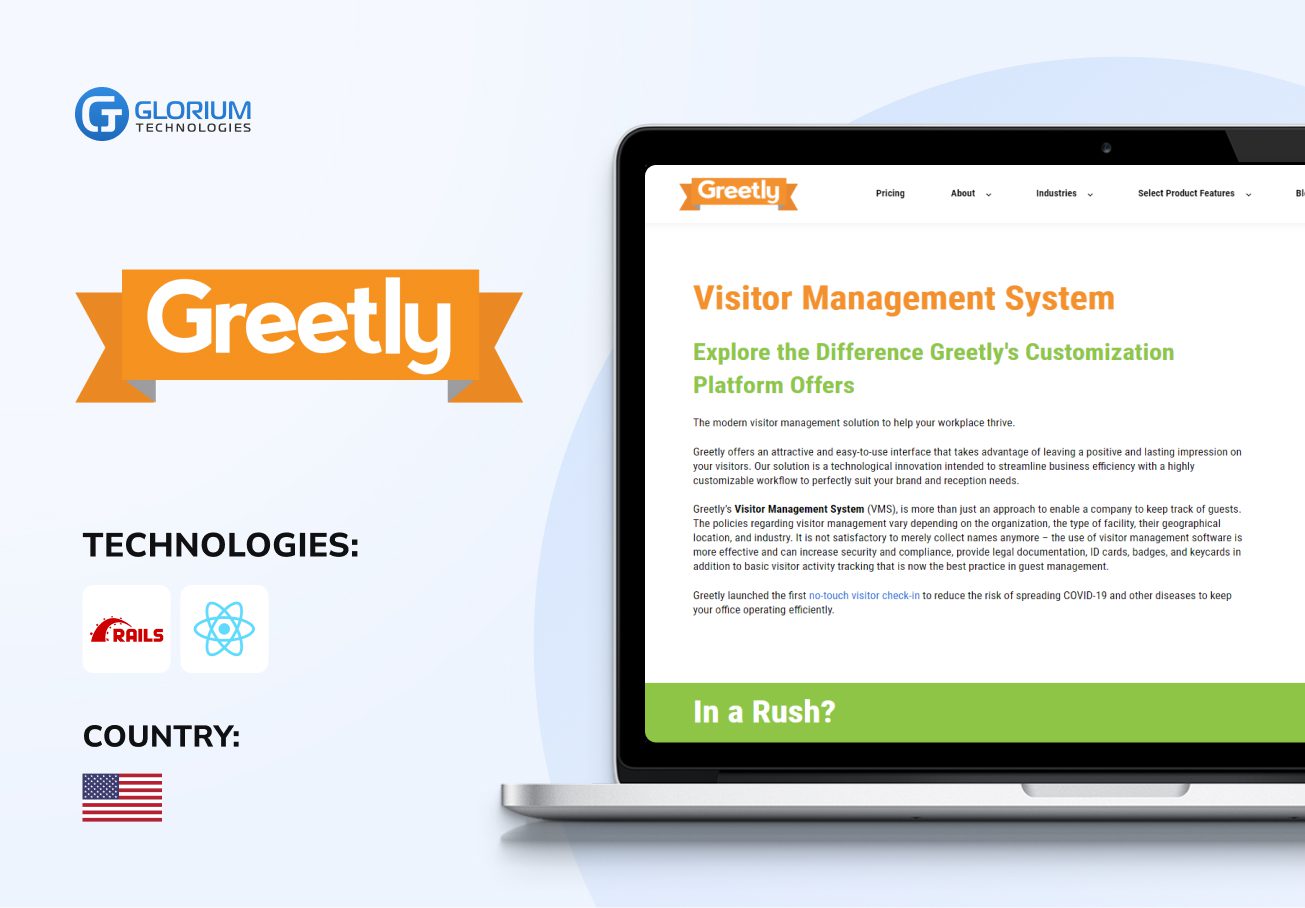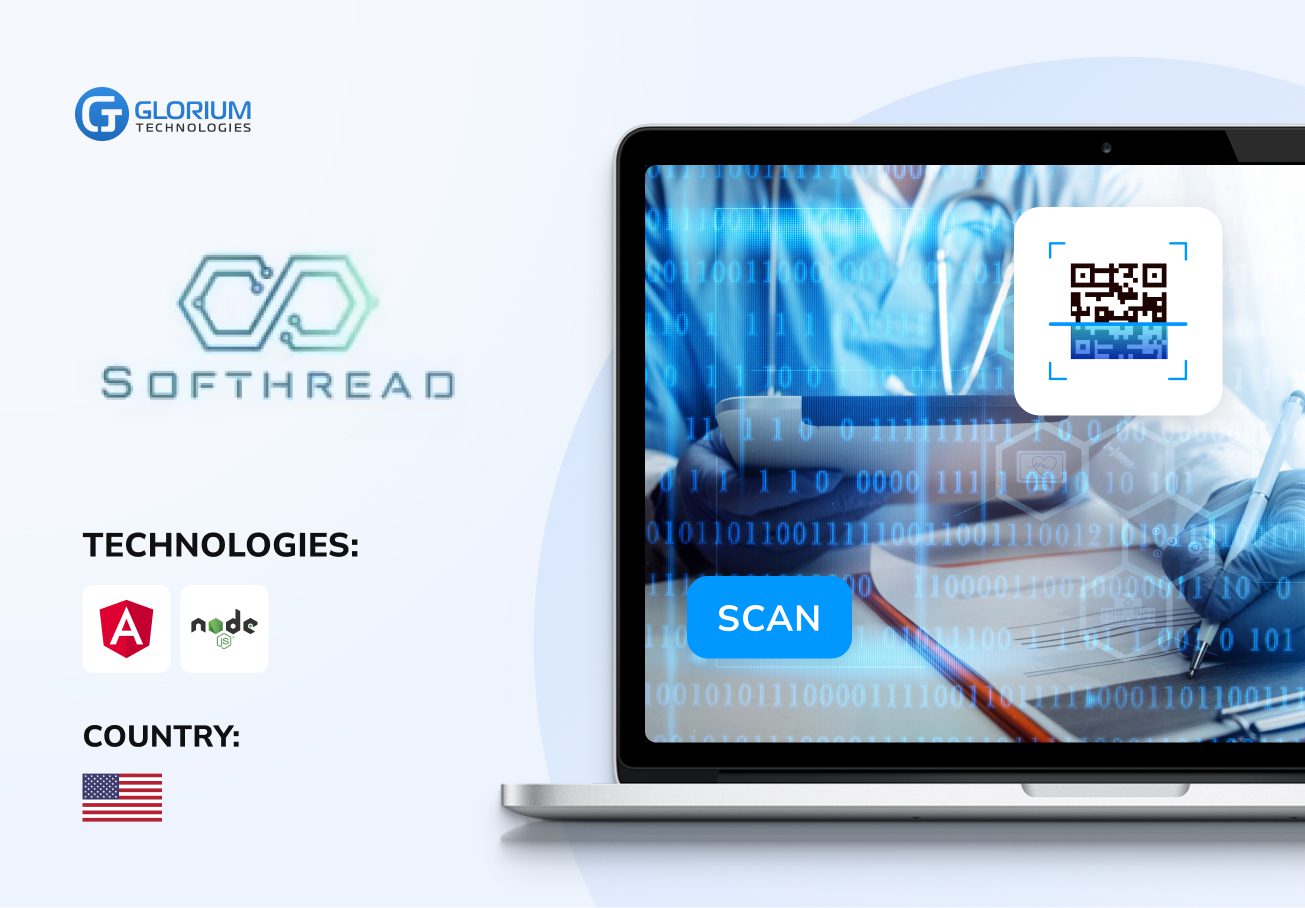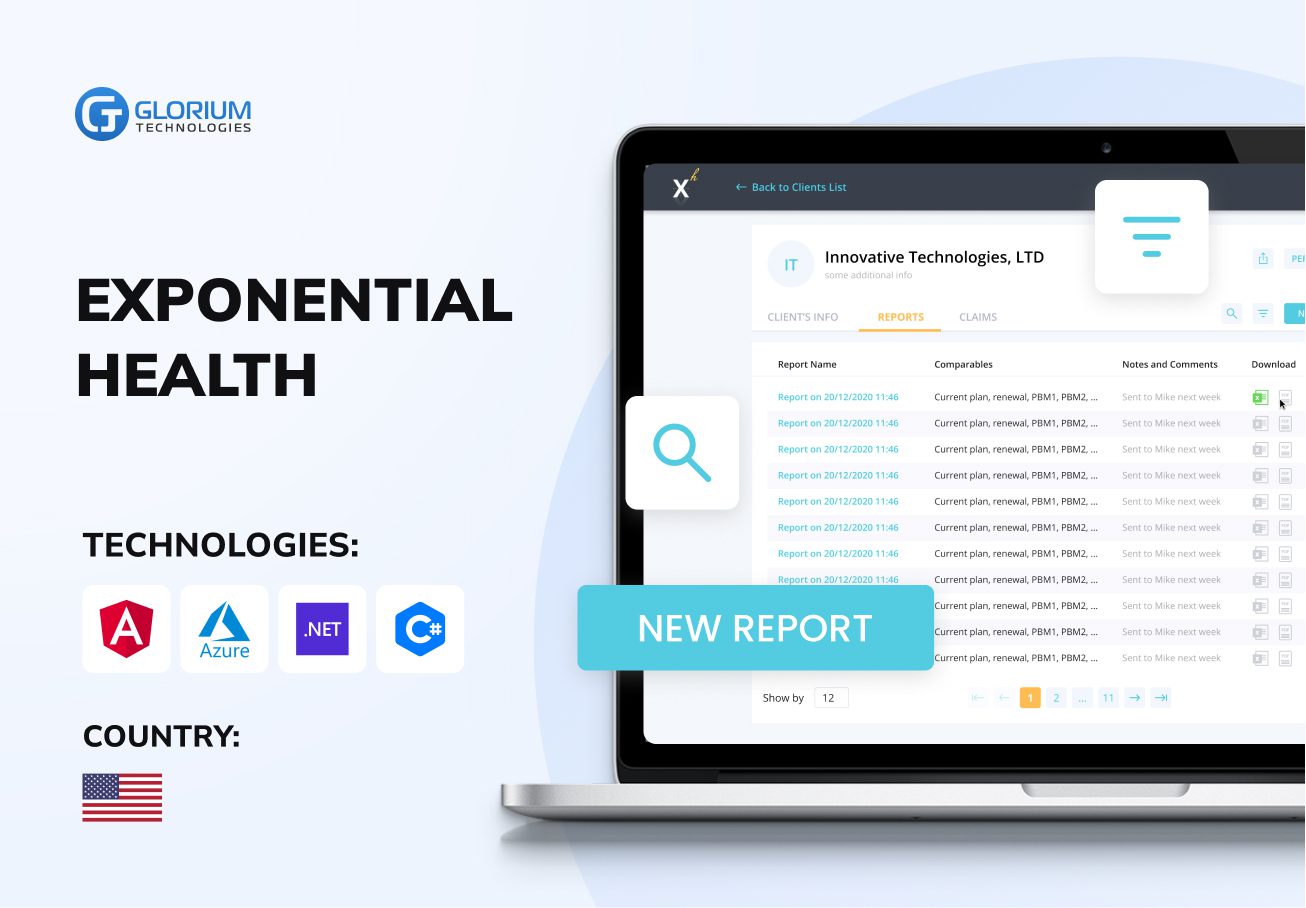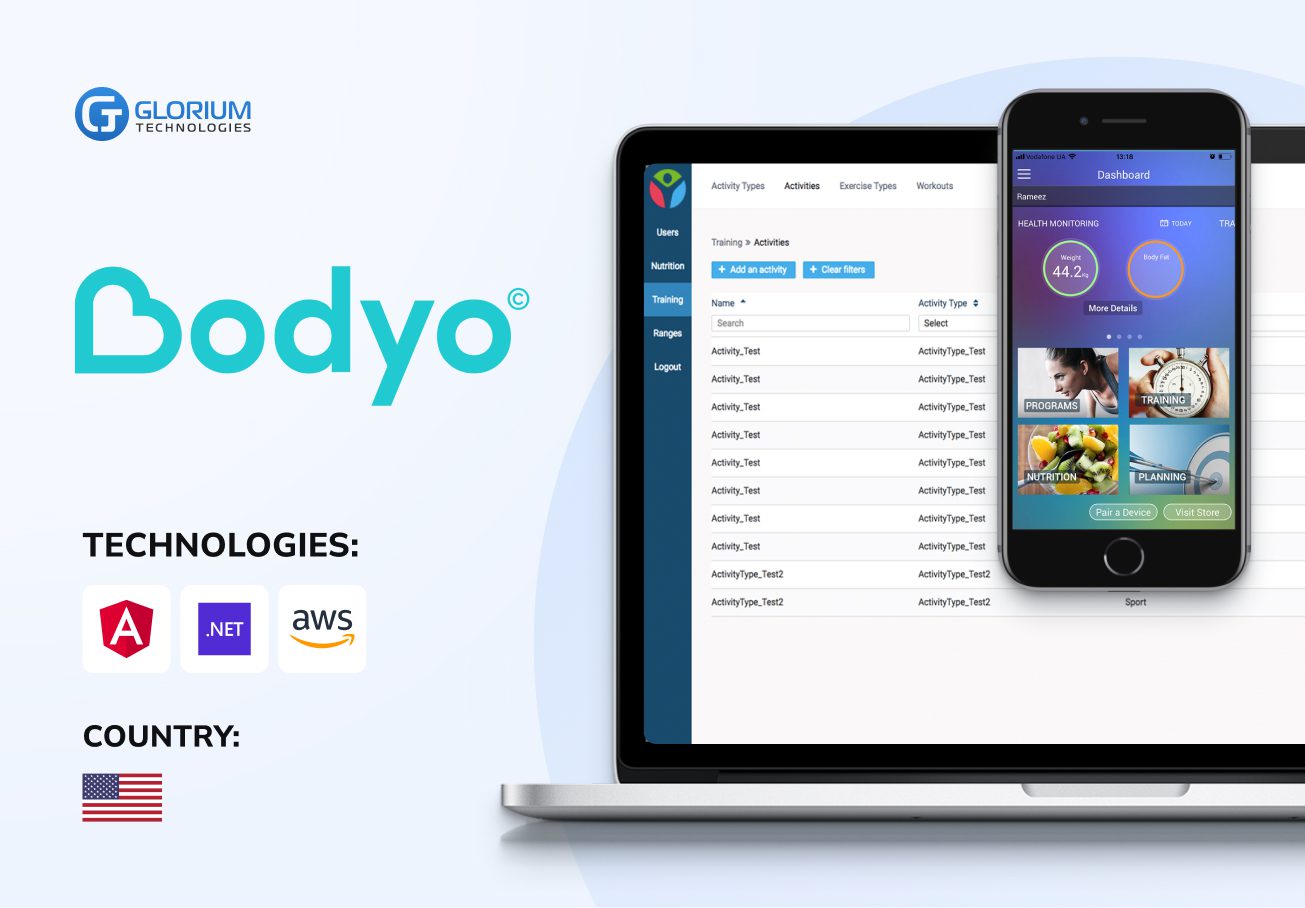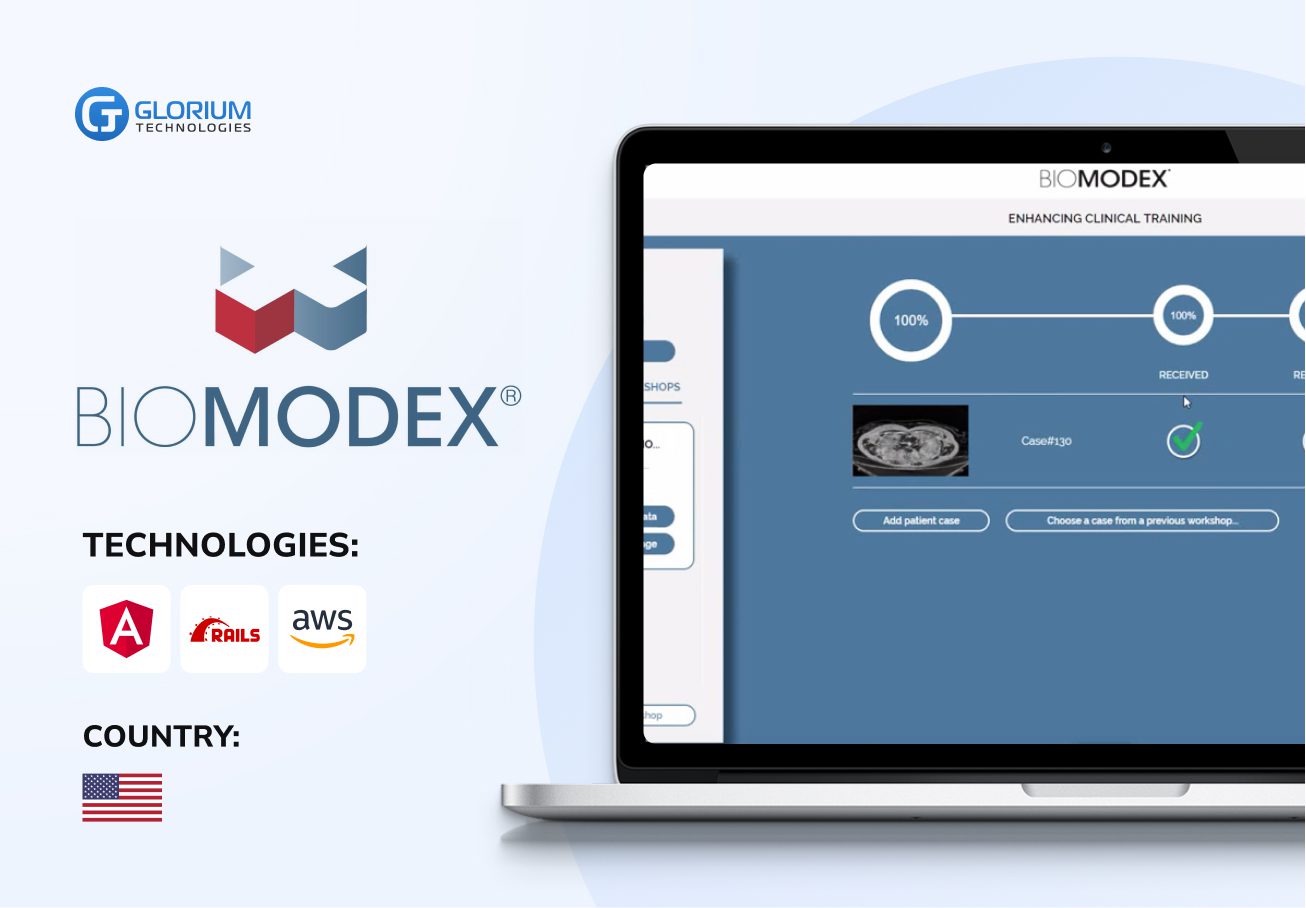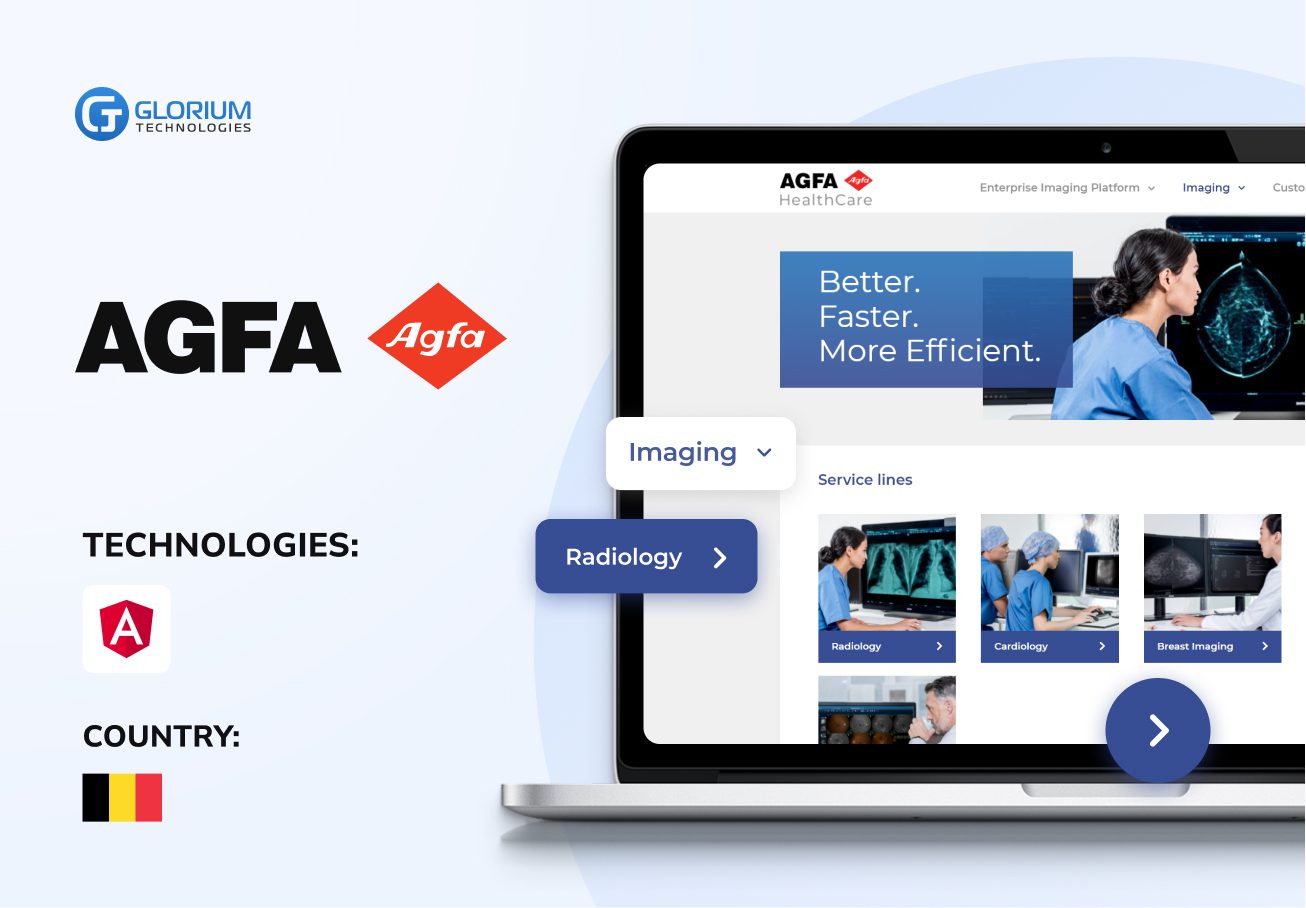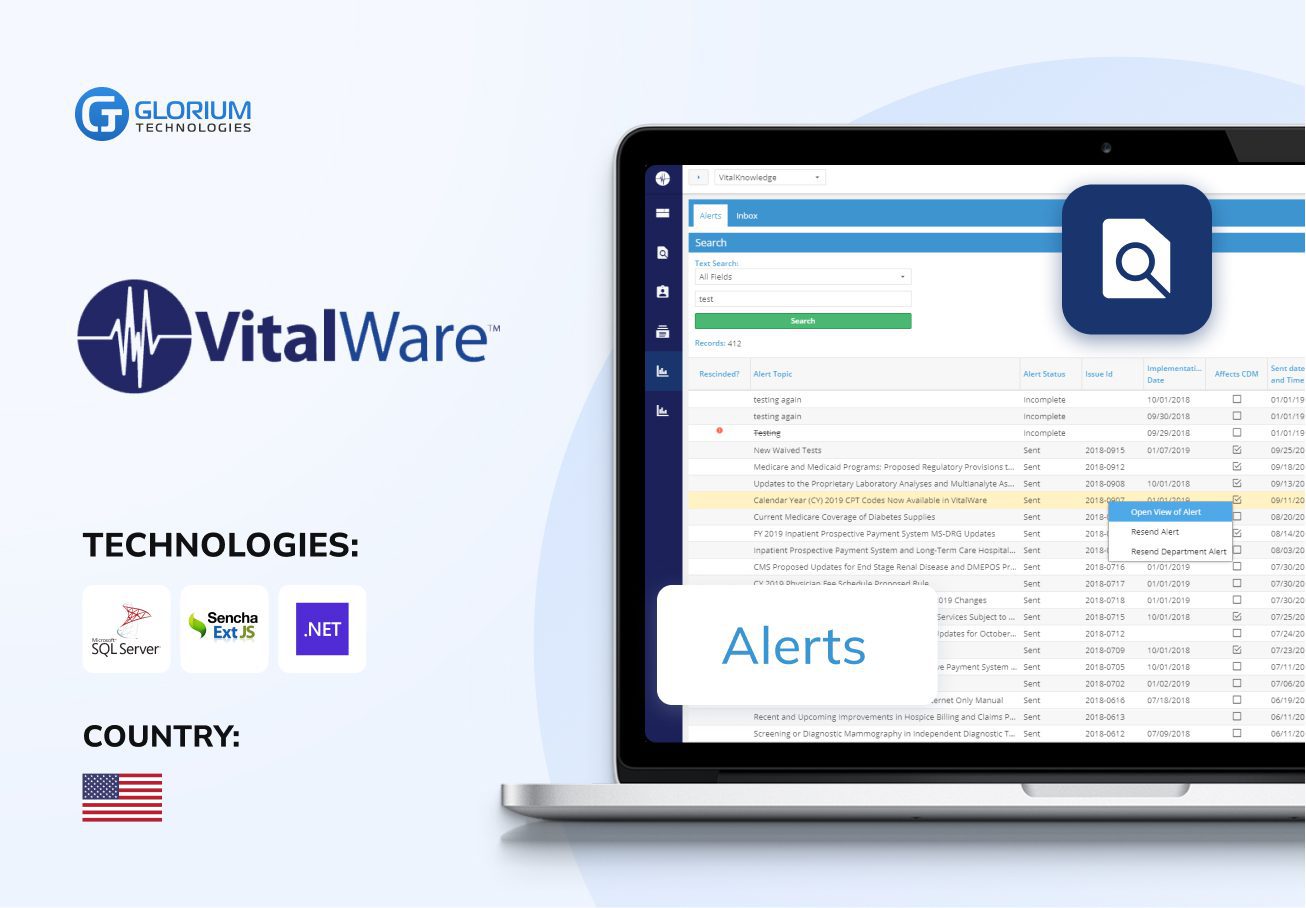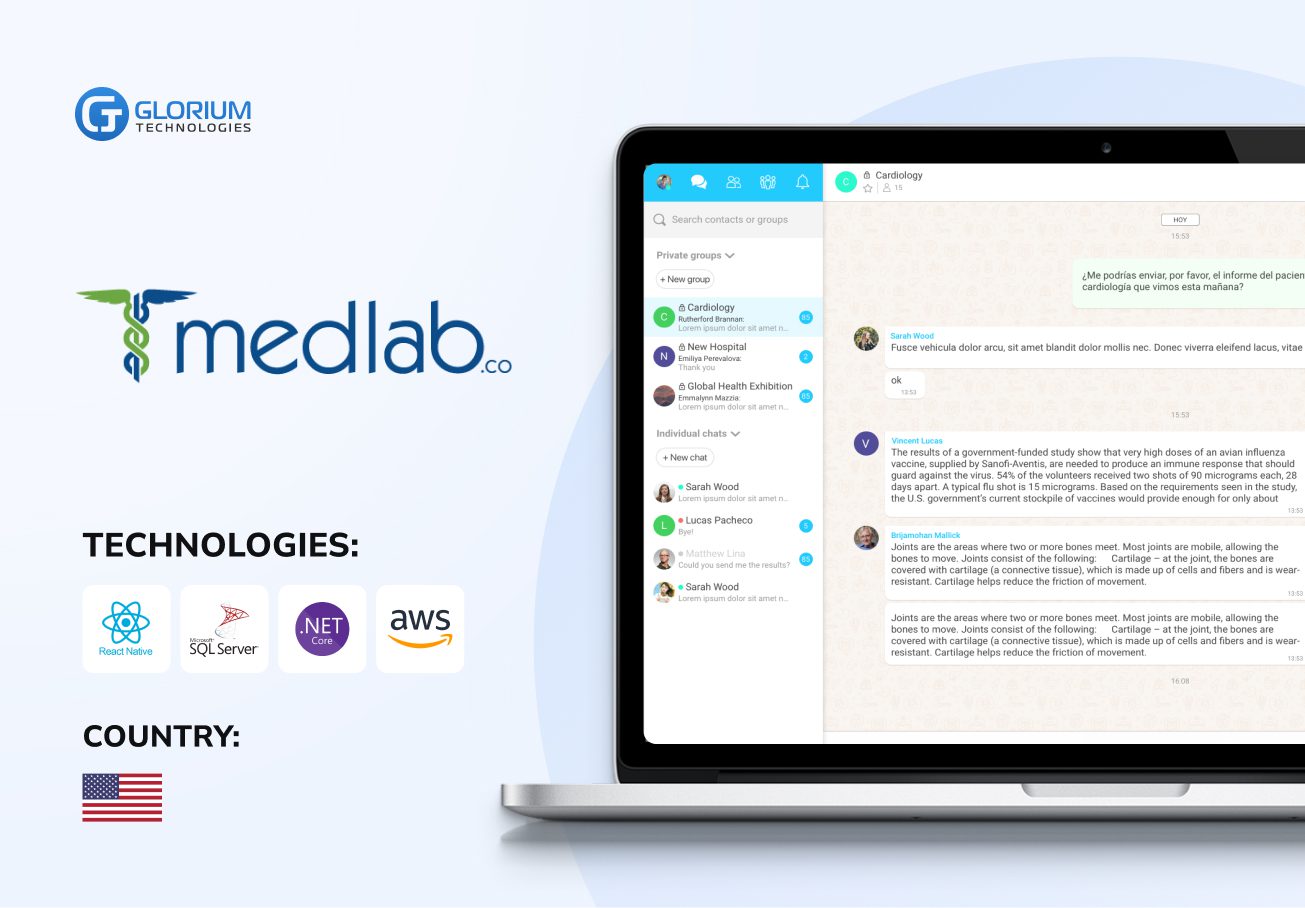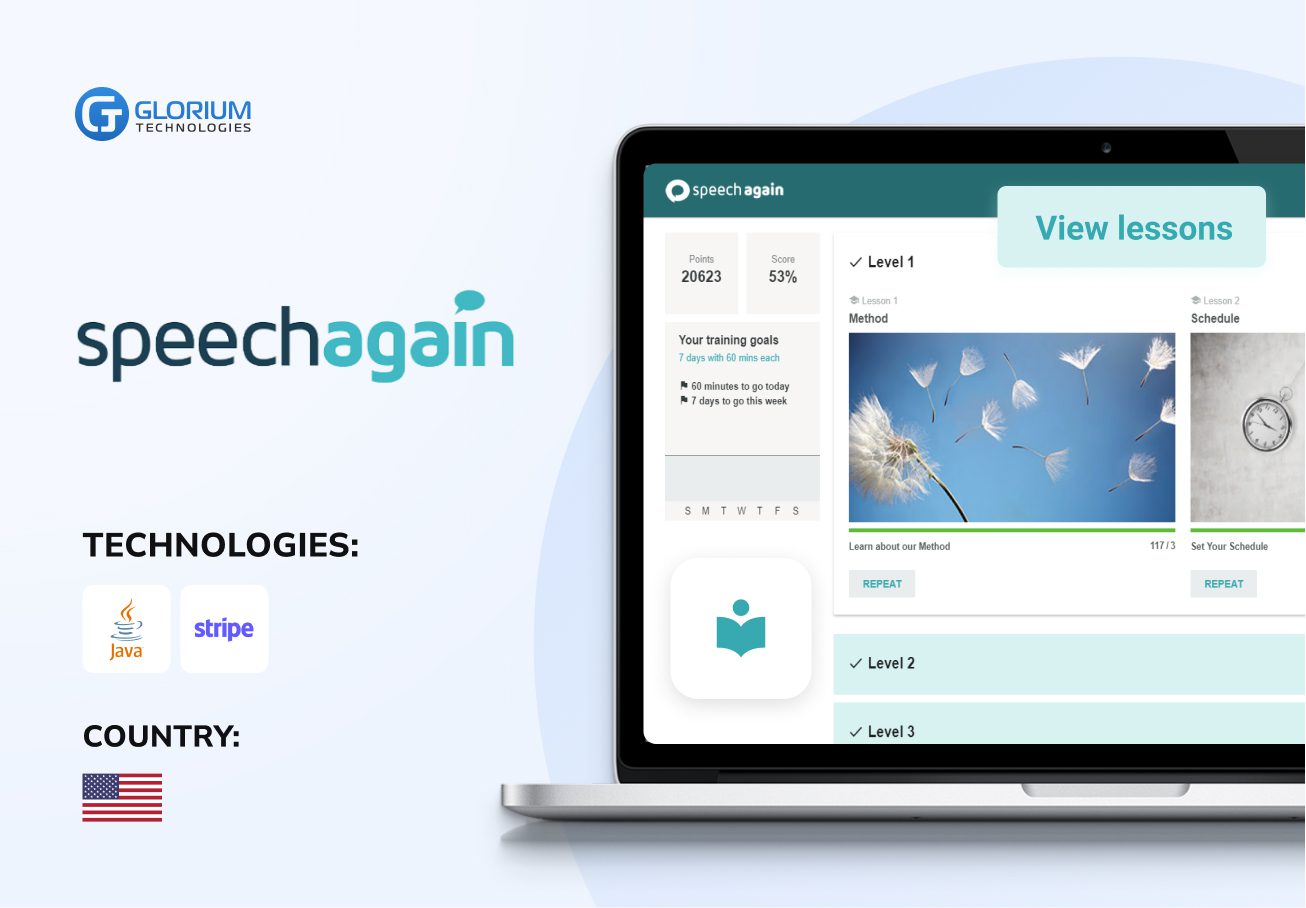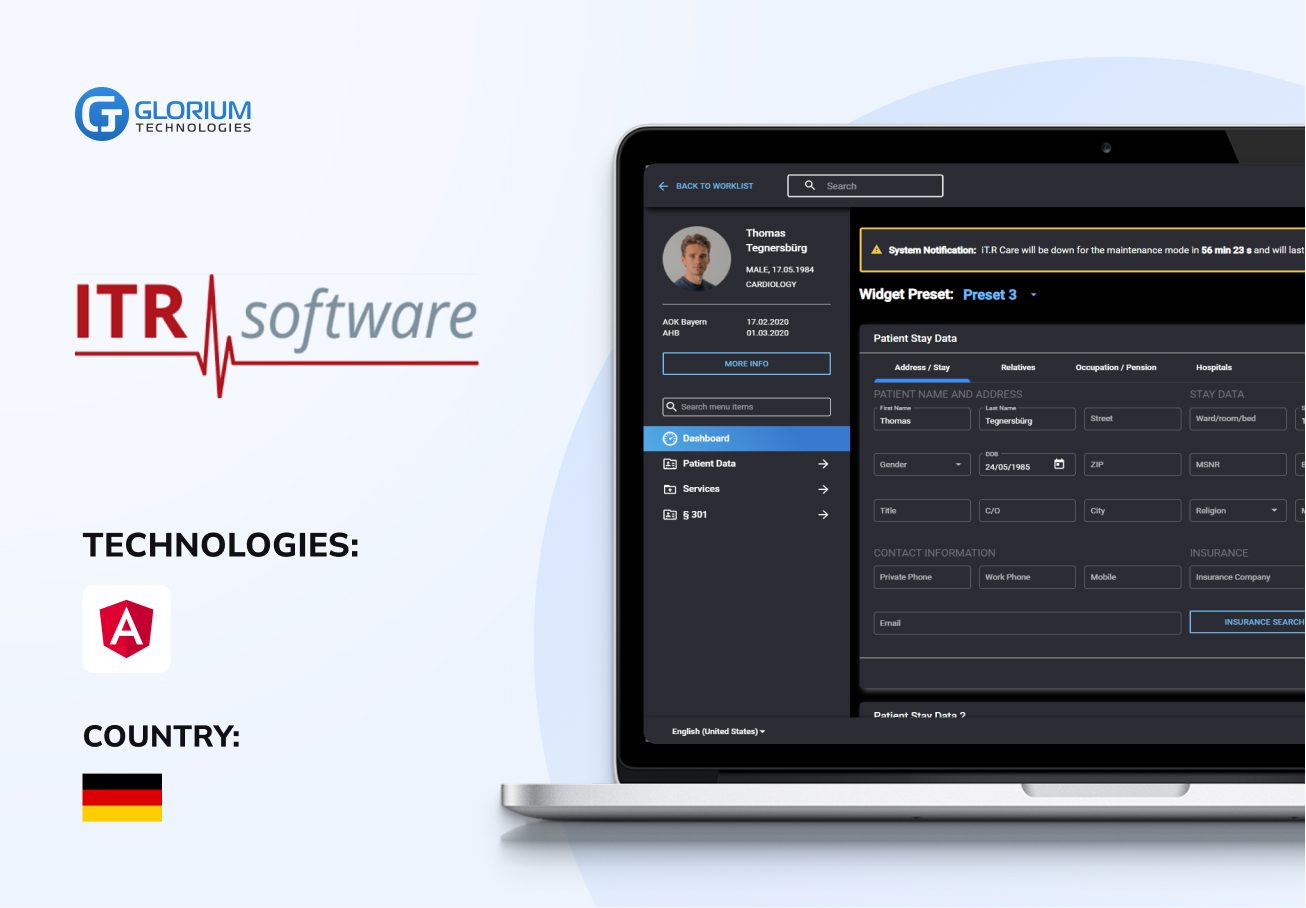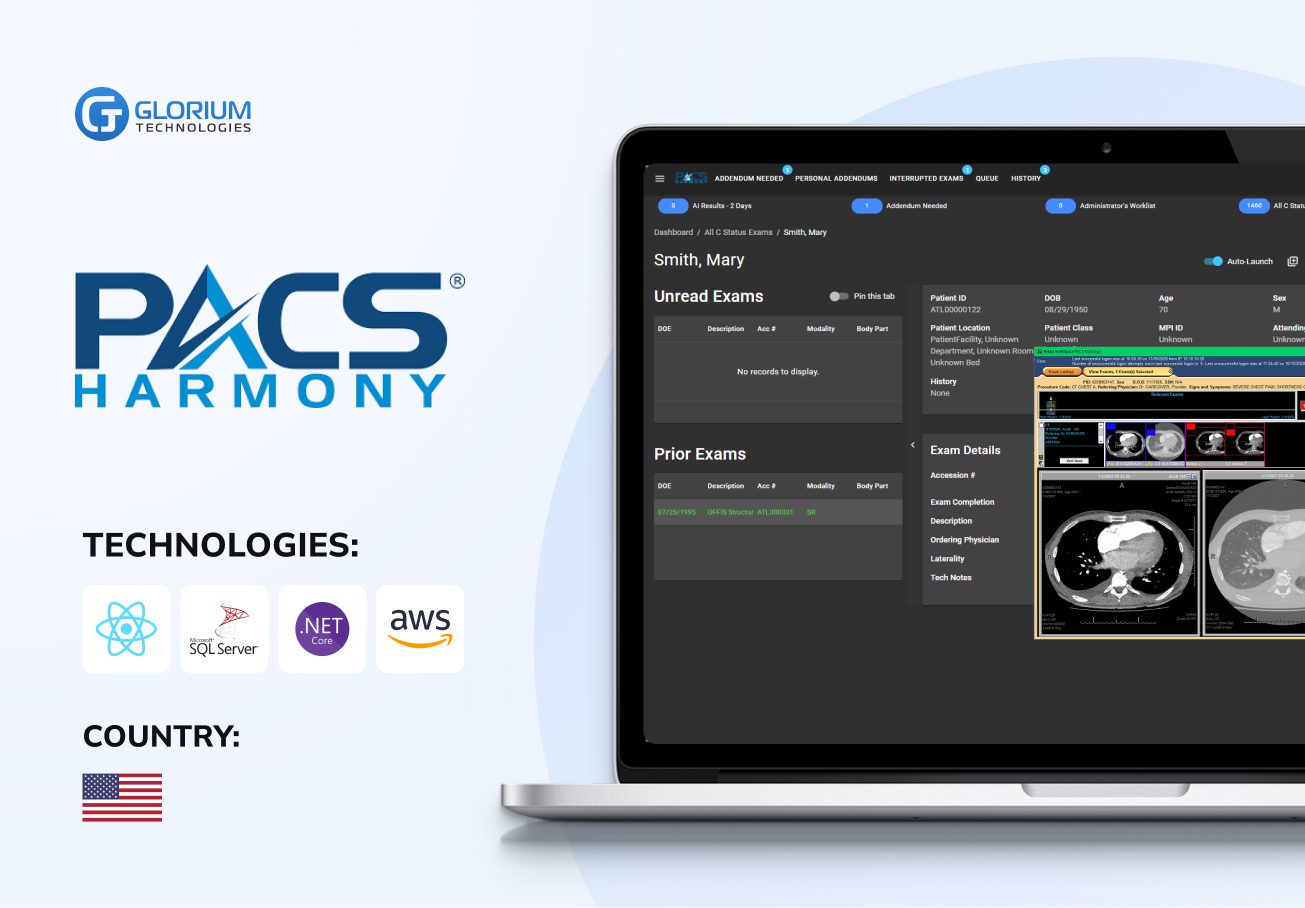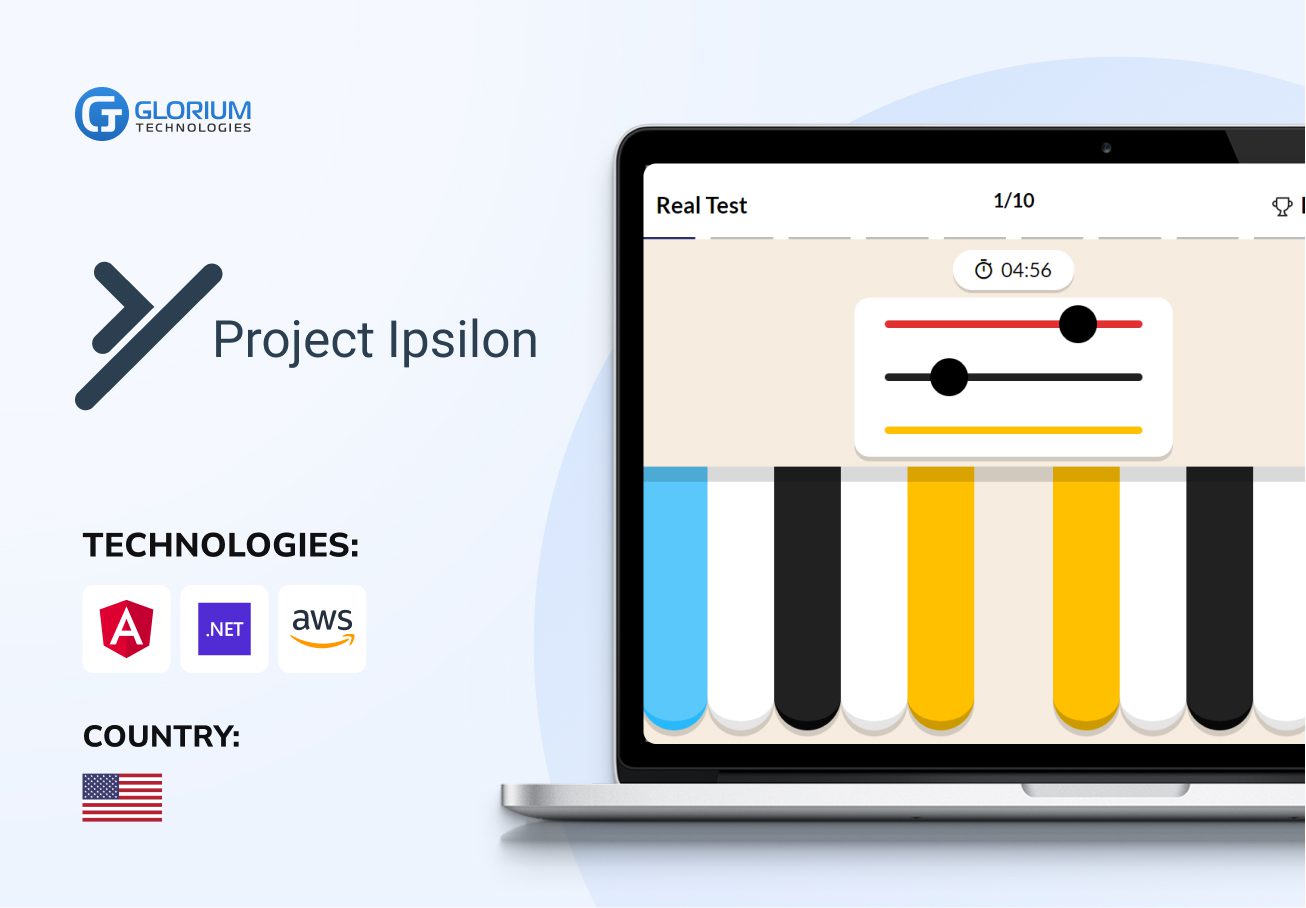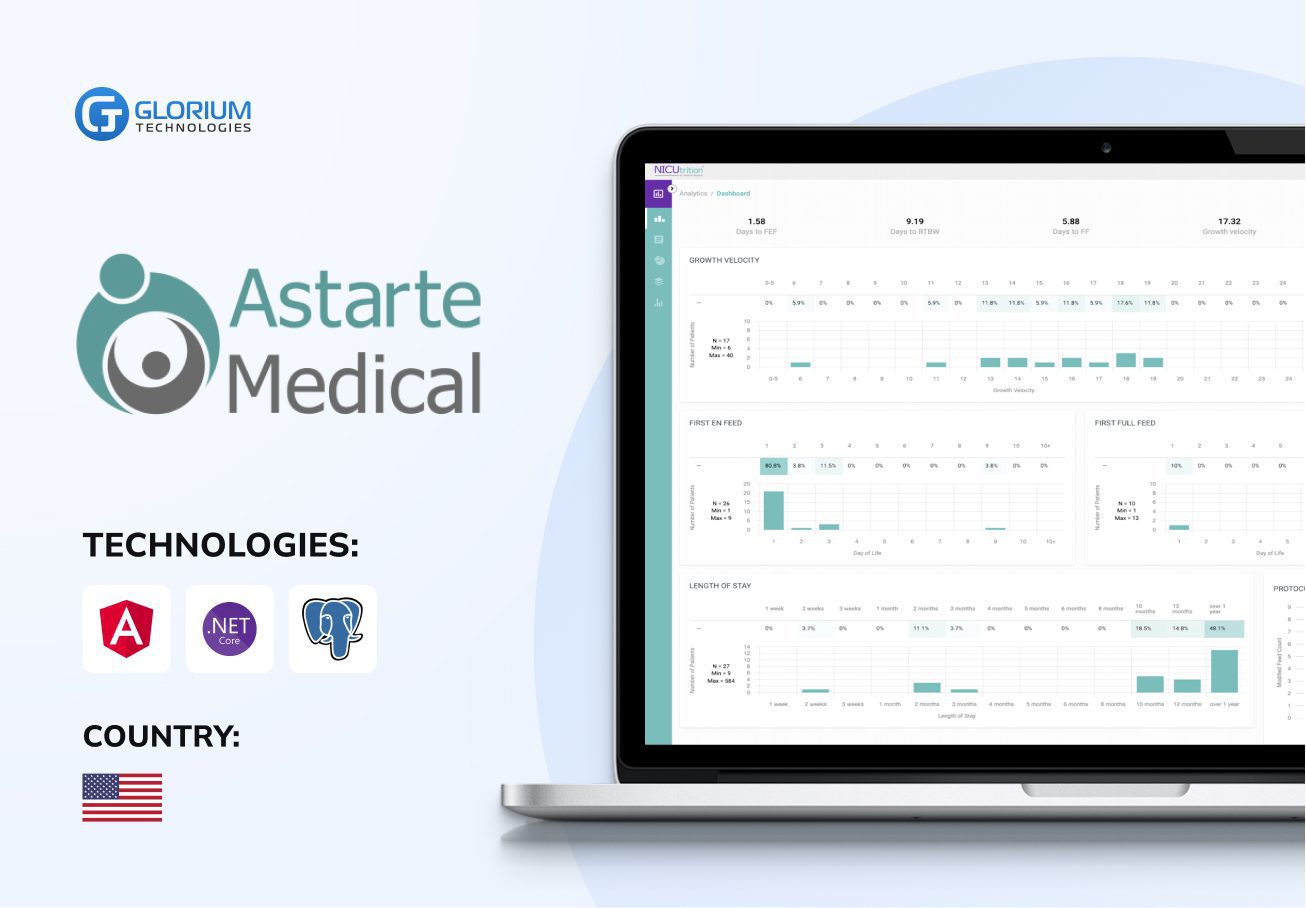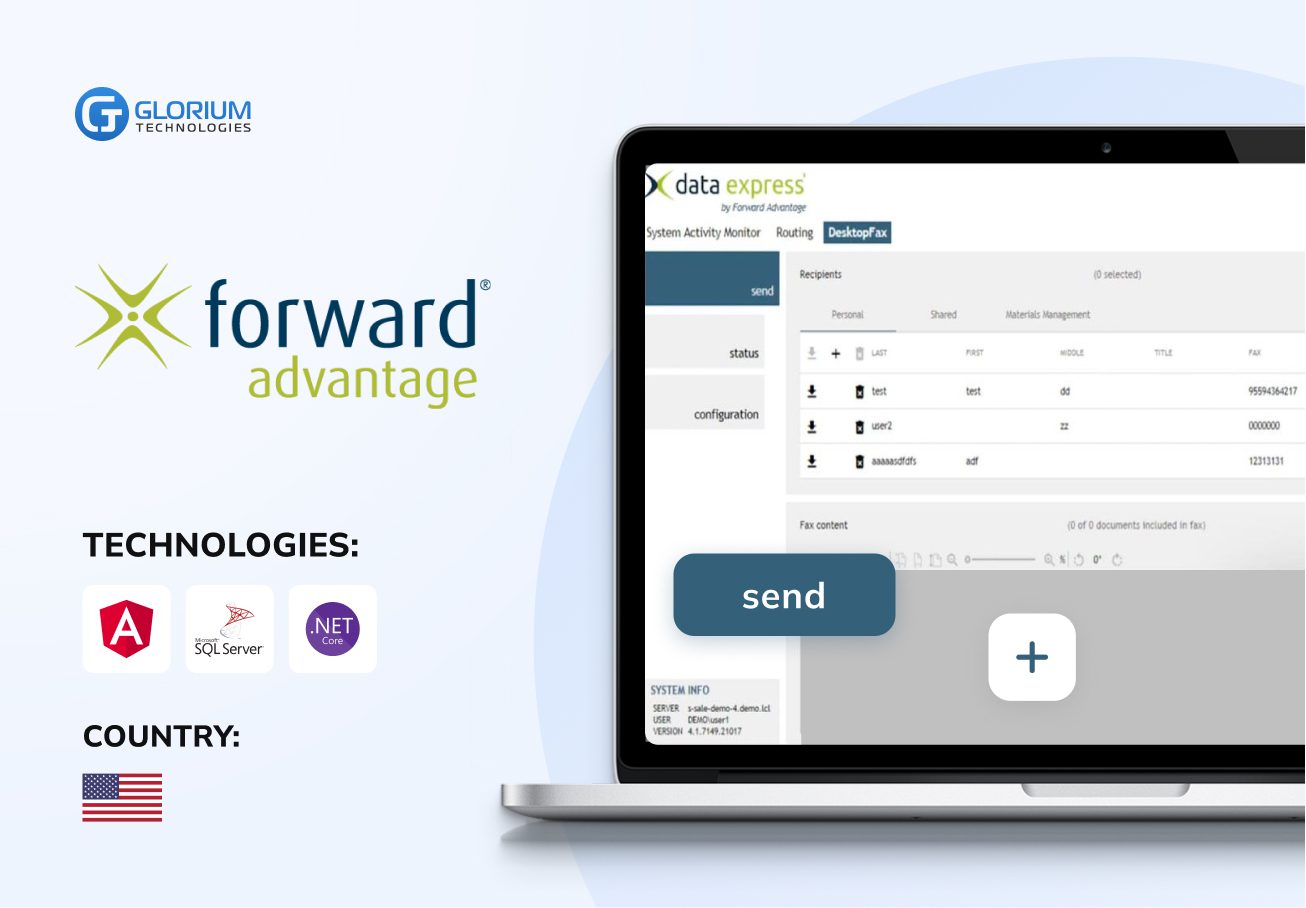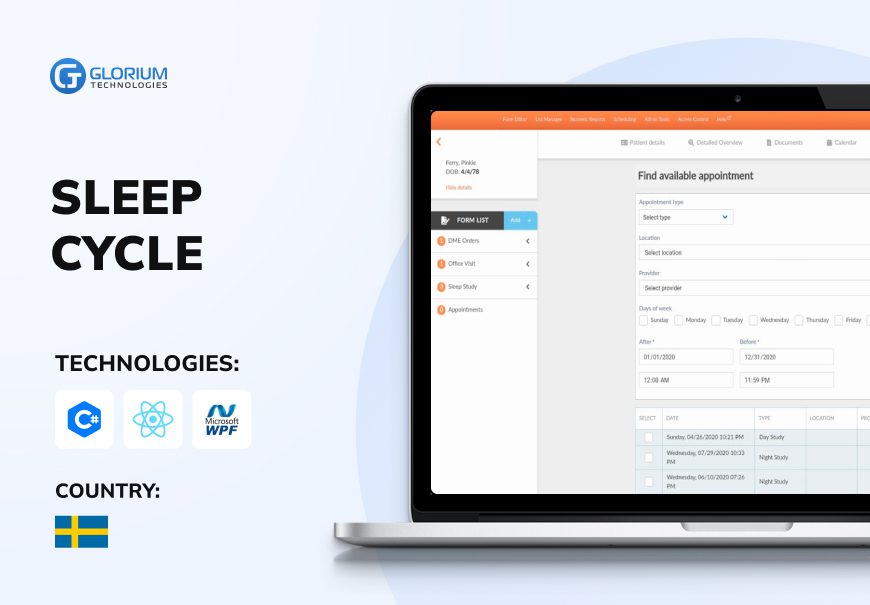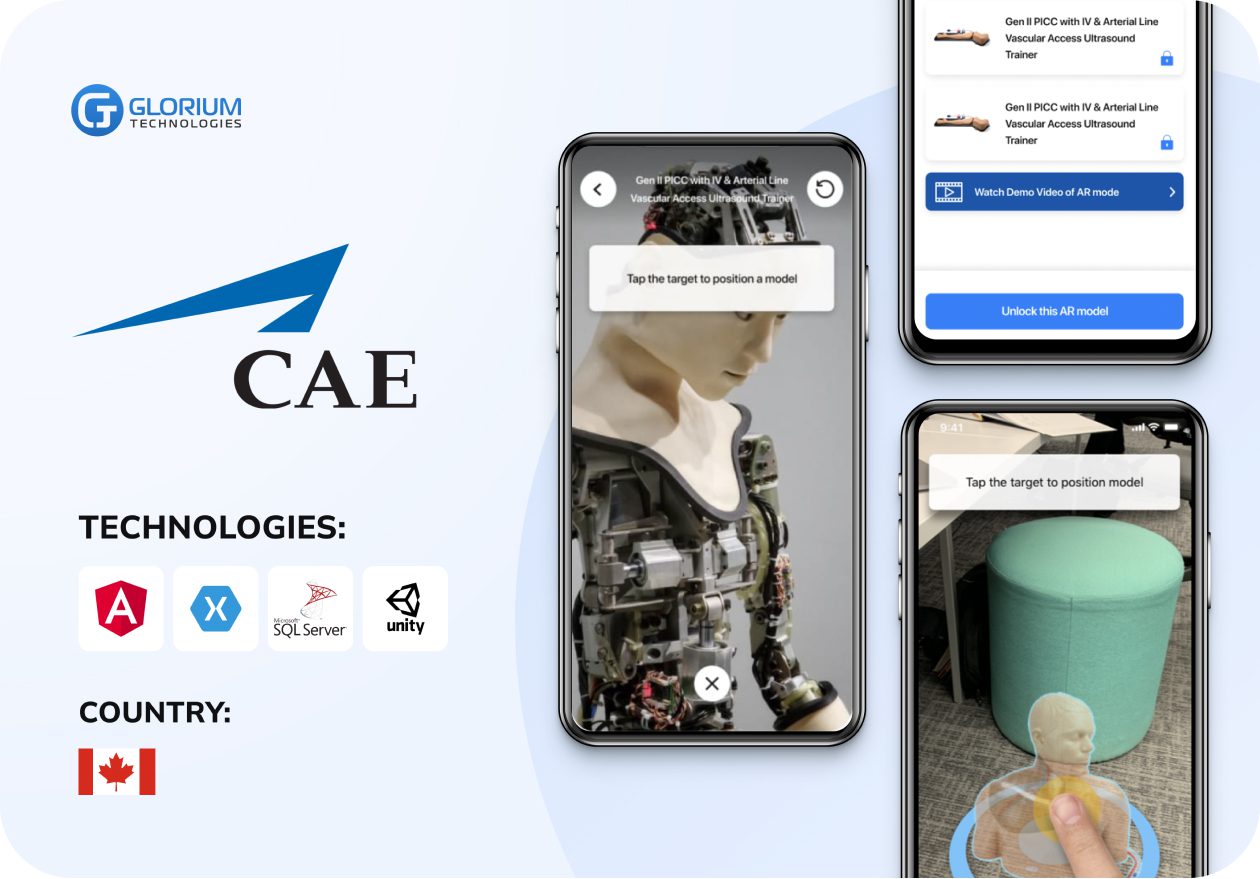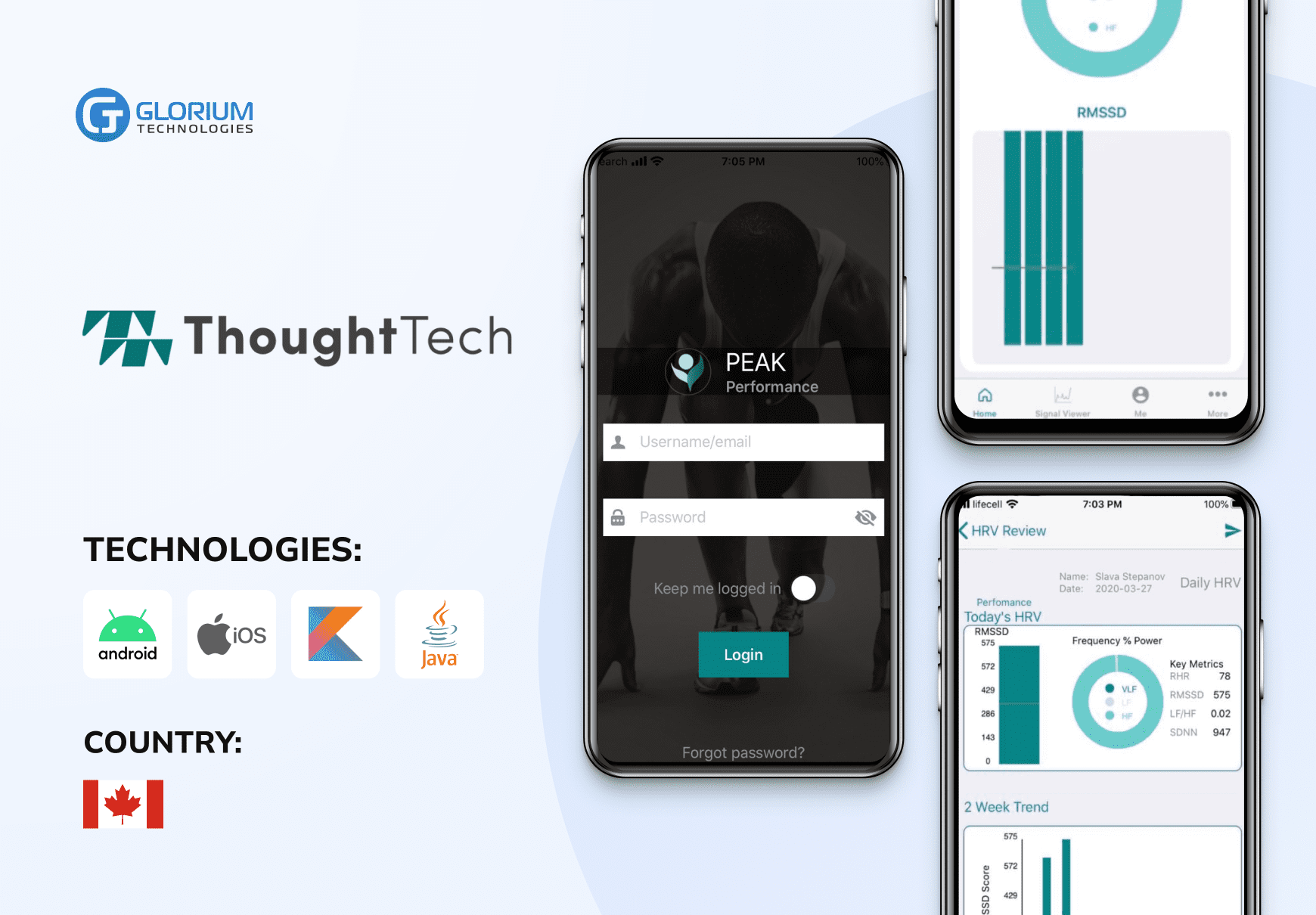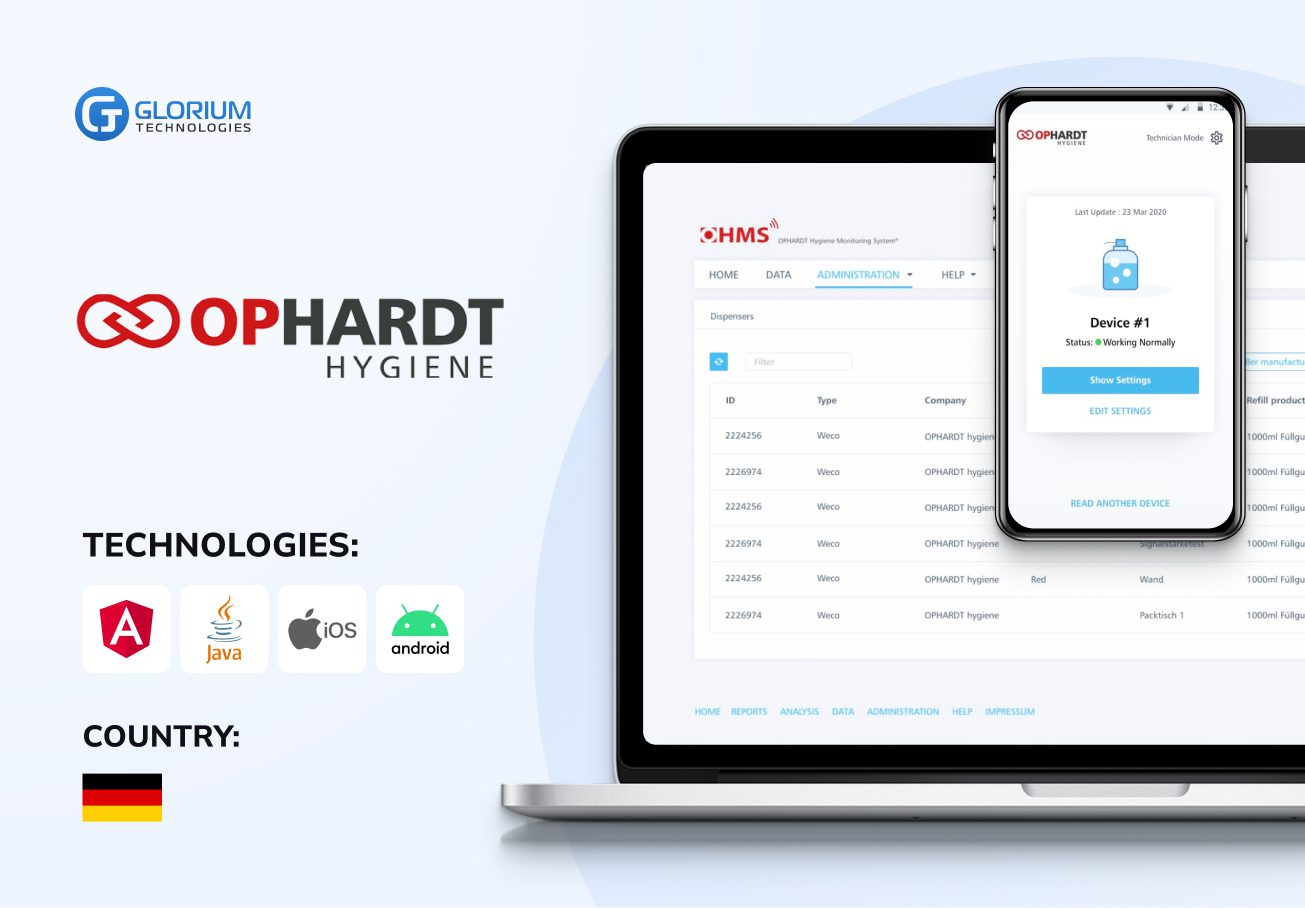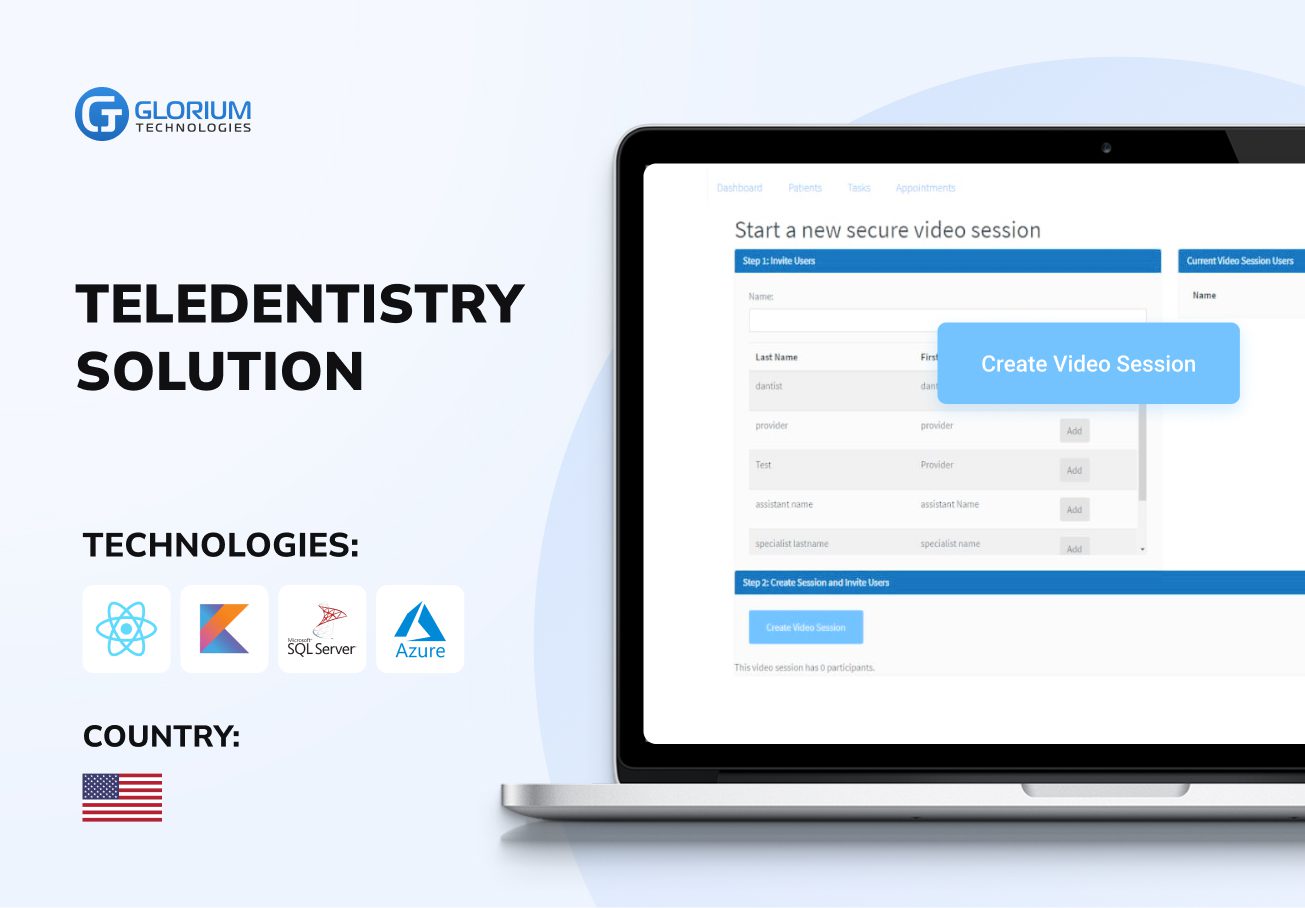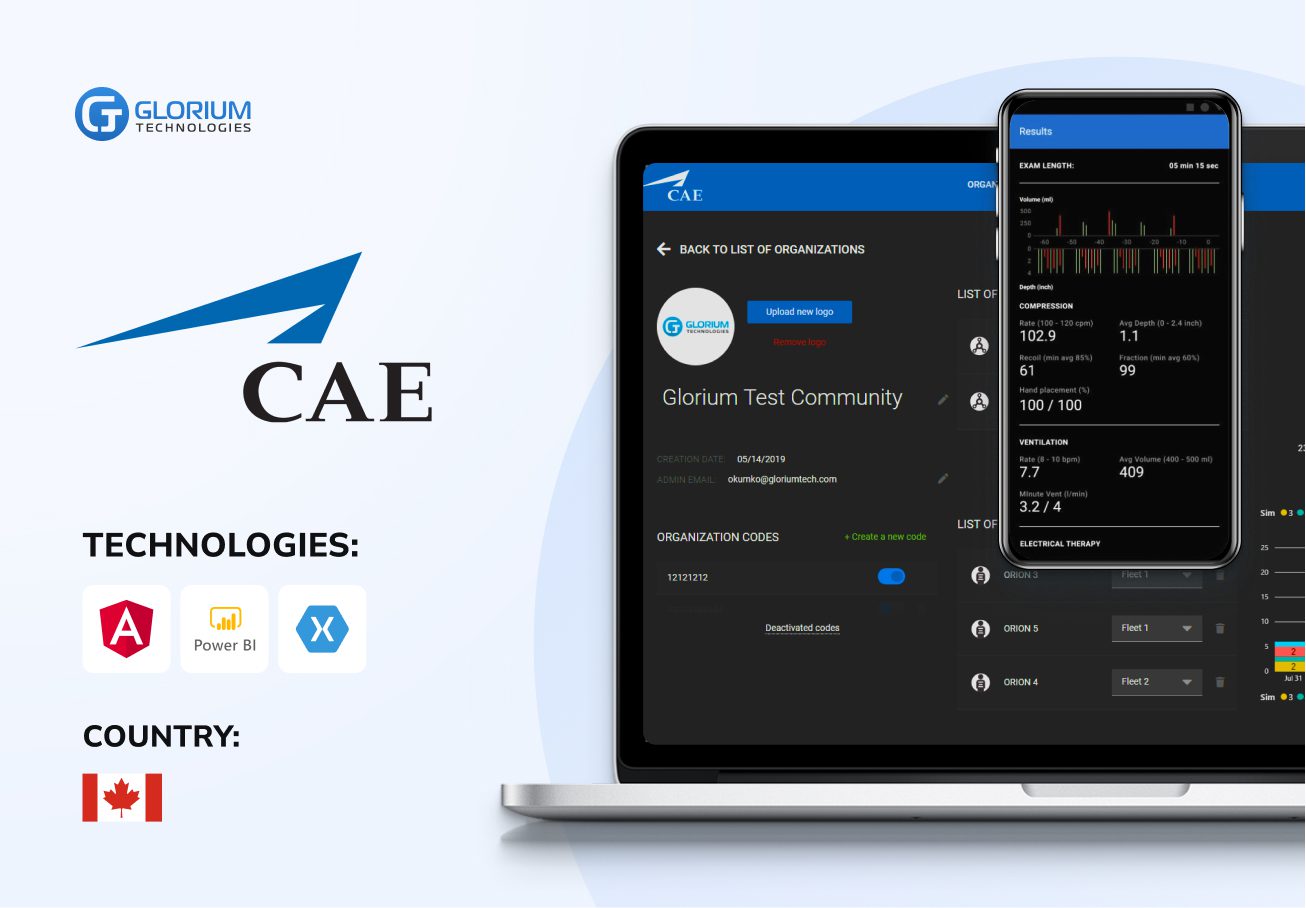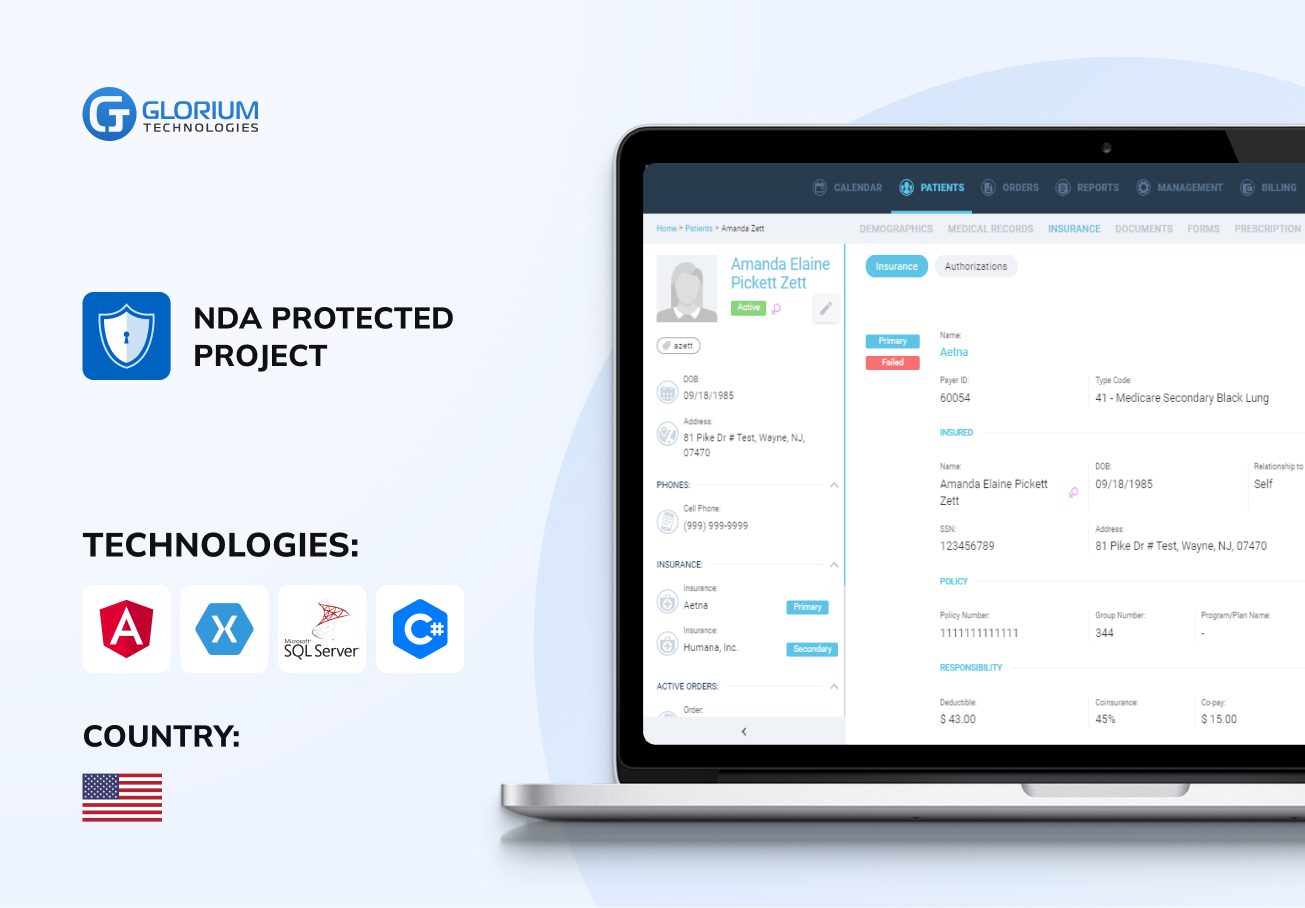Test Automation Services
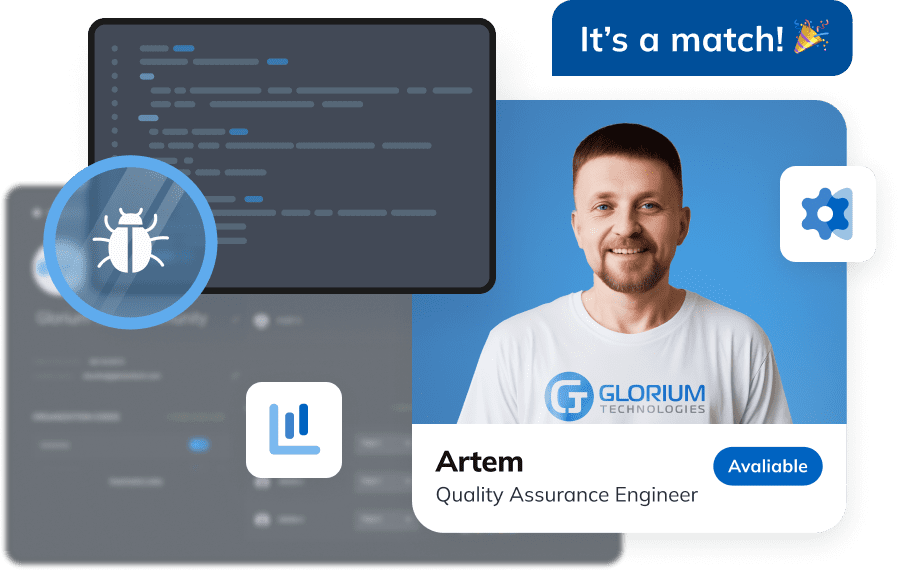
Accelerate your time-to-market, streamline regression cycles, reduce quality maintenance costs, expand automation coverage, and boost testing capacity.

Plan Your Budget Confidently.
Choose Your Starting Point

Test Automation Services We Offer
We provide maturity assessments and advisory services, benchmarking against industry best practices, and help define quality goals and map them to your business objectives. Additionally, we offer strategic guidance on QA processes, tools, and training, including pre- and post-production strategies.
We deliver a full spectrum of testing services with QA as-a-Service, from system integration and user acceptance to compliance and non-functional testing. We also offer intelligent test automation, prioritizing critical test cases and integrating platform testing for solutions like Murex, Temenos, Pega, and Fenergo.
Our test automation service begins with thoroughly analyzing your business challenges, objectives, and current testing approach to define a focused automation strategy. We help you identify the most critical, repeatable, and time-consuming test cases for automation, ensuring maximum ROI.
We can protect your software from common security vulnerabilities and ensure compliance with regulatory standards like HIPAA, GAMP, PCI DSS, and GDPR, our experts can automate essential cybersecurity checks, including vulnerability scanning, code analysis, compliance testing.
Why Do Clients Choose Us?
- Our skilled professionals have completed over 140+ projects in multiple industries (healthcare, real estate, finances and more).
- Our solutions streamline high-volume testing activities, allowing your team to focus on more strategic initiatives.
- We enhance your in-house testing capacity, delivering comprehensive coverage without the need for extra human resources.
- Our automated QA processes reduce the chance of errors in critical, high-risk areas, ensuring consistent quality.
- We enable rapid identification and resolution of errors and malfunctions as soon as they appear in your released software.
Requirements Analysis
Avoid expensive bug fixing and product reworking in the future. Our automation engineers make sure the requirements are clear, consistent, and complete. It helps to prevent possible software defects and ease upcoming test design activities.
Test planning
We develop a strategy, budget, schedule, tech stack and reporting procedures. With a clear scope of work and requirements, our QA team starts to design test cases and checklists.
Test execution
Automated tests are run in alliance with software developer for non-stop software design and speedy test running. Being in sync with the development process allows us to start fixing bugs as soon as possible.
Reporting
We provide a complete test report after each development iteration. Regular reports allow software receivers to be in control of the product quality and release schedule.
Release stage
Once your product releases, we check with real users and issues at the production level. We strive to bring customer satisfaction and high-quality features to your product.
Process optimization
QA is an iterative process that allows optimization. By automating repetitive tasks, we can focus our time on strategic product initiatives.
Tools Our QA Engineers Use
What our clients say about us
Our clients journeys
Who we are
About usGlorium Technologies is a full-cycle app & software development company which covers specific client business needs and manage them with the help of the best possible technology solutions.
Since 2010, we have been inventing digital breakthroughs, helping startups and businesses come out on top in their markets.

Why choose us
Let's Connect!
How to Optimize Your Business with Automated Testing Services
When you gather a group of quality assurance (QA) professionals and ask them which part of their testing process is the most time-consuming and how effective it is at identifying defects, you’ll likely hear a variety of responses. Test optimization not only helps QA professionals maximize the effectiveness of their functional testing but also ensures that the process is consistent, thorough, and reliable.
Strategies to Enhance Testing Process
So, where should your team start when dissecting your current testing process and sequencing improvements without disrupting the entire workflow?
Here are five key strategies to enhance your functional testing process for a more efficient and effective QA program.
Focus on high-risk areas
To truly optimize your software testing efforts, it’s crucial to concentrate on high-risk areas. Allocating resources and testing efforts to these critical zones ensures that potential issues, particularly those related to security, usability, and functionality, are identified early in the development process. By addressing these risks upfront, teams can significantly improve the overall quality of the final product.
Identify and simplify administrative friction points
Another vital step in optimizing your software testing flow is to identify and reduce administrative friction points. These are the coordination and administrative tasks that consume valuable time and resources, such as reporting, defect tracking, test-run scheduling, and data management. By simplifying and automating these tasks, often with the help of a robust test automation framework, you can streamline the testing process, freeing up more time and resources for the actual testing tasks.
The effectiveness of your software testing process is closely tied to how well initial requirements are gathered and integrated throughout the project lifecycle. By evaluating and improving the process and tools used to collect and map these requirements, you can enhance the quality of your test cases. This refinement helps reduce the risk of rework, missed requirements, and customer dissatisfaction—ultimately saving time and resources in the long run.
Leverage test automation
Incorporating test automation into your QA strategy is a powerful way to optimize your testing process. Automation testing services are particularly effective for repetitive tasks that require high accuracy and consistency, such as regression testing, performance testing, and load testing. By automating these tasks, you can save time, reduce errors, and allow your team to focus on more complex testing scenarios that require manual attention. This not only boosts testing efficiency but also enhances overall productivity.
Embrace continuous testing
Finally, adopting a continuous testing approach can significantly improve the efficiency and effectiveness of your software testing process. Continuous testing integrates testing throughout the development lifecycle, allowing for the early detection of defects and enabling faster feedback loops. By implementing continuous testing, you ensure that testing is not just a final step but an integral part of your entire development process.
Optimizing your functional testing process flow is key to improving the quality and efficiency of your software testing efforts. Whether by focusing on high-risk areas, simplifying administrative tasks, refining requirements gathering, leveraging automated tests, or embracing continuous testing, each of these strategies can contribute to a more effective QA program. Partnering with an experienced automation testing company and skilled test automation engineers can further enhance your ability to implement these optimizations and achieve a higher standard of software quality.
Types of Test Automation Frameworks
When it comes to software test automation services, choosing the right framework is crucial. Each type of test automation framework offers distinct advantages, tailored to different testing needs. Here’s a breakdown of the key frameworks:
Linear automation framework
The linear automation framework is a straightforward method ideal for testing small applications or specific features. Test data is hardcoded for each test case, making it a simple yet effective approach for quick, one-off tests.
Modular-driven framework
This framework divides larger applications into smaller, manageable units or modules. Each module is tested individually, and as testing progresses, these modules can be combined to test more complex workflows. This modular approach enhances the efficiency of regression testing by isolating changes to specific parts of the application.
Library architecture framework
Similar to the modular-driven approach, the library architecture framework focuses on identifying common tasks across different test scripts. These tasks are organized into a library of functions, which can be reused throughout testing, streamlining the process and reducing redundancy.
Data-driven framework
The data-driven framework is designed to simulate the variability of real-world user inputs and system outputs. By passing different input parameters into the test scripts, this framework evaluates the underlying functionality and logic of the system. This approach is particularly useful for performance testing and validating how the system handles various data scenarios.
Keyword-Driven Framework
Building on the data-driven framework, the keyword-driven approach focuses on potential user actions within a graphical user interface (GUI). Predefined scripts simulate user interactions, allowing testers to assess how the application responds to different actions. This method is essential for ensuring the usability and reliability of user-facing features.
Hybrid Testing Framework
As applications grow in complexity, a single testing framework might not be sufficient. This flexibility allows development teams to tailor their automation strategy to the unique demands of their project.
Benefits of Test Automation Frameworks
Incorporating test automation frameworks into your QA process can significantly enhance testing efficiency and effectiveness. Here’s how these frameworks can benefit your automation testing efforts:
- Decrease maintenance effort: Test automation frameworks minimize the administrative burden of maintaining test cases, allowing the QA team to focus on more critical tasks.
- Enable script reuse: Frameworks promote the reuse of automated test suites, reducing the time and effort needed to write new scripts from scratch.
- Increase feature coverage: With structured frameworks, your development team can ensure comprehensive coverage of application features.
- Minimize manual intervention: Frameworks reduce the need for manual customization, making the testing process more streamlined and less prone to human error.
By selecting the right framework and utilizing appropriate test automation tools, businesses can optimize their QA efforts and ensure their applications perform reliably in the real world. Whether you’re working with qa automation services or managing an in-house team, these frameworks provide the foundation for a robust and effective automation strategy.
Empowering Your Business with Glorium Technologies
We offer full-cycle test automation solutions that help businesses streamline their software testing process, reduce costs, and accelerate time to market. Our team provides top-tier software testing services ensure their software products are robust, reliable, and ready for the market.
Test automation is the key to achieving consistent, efficient, and high-quality software testing. Unlike manual testing, where human testers execute test cases, automated testing involves the use of specialized software testing tools to run tests automatically, compare actual outcomes with expected results, and generate test results. This approach not only speeds up the testing process but also enhances its accuracy and reliability.
At Glorium Technologies, we understand that implementing test automation can be challenging, especially for businesses that lack the necessary expertise or resources. That’s why we offer end-to-end automated testing services to feel the full benefits of test automation.
Our full-cycle test automation services cover every aspect of the software testing process, from initial planning and strategy development to execution and maintenance. Here’s how our experts at Glorium Technologies can help your business with test automation:
Test automation strategy development
The foundation of any successful test automation initiative is a well-defined strategy. Our experts work closely with your team to understand your business goals, project requirements, and testing needs.
Our strategy development process includes selecting the right software testing tools that fit your project’s requirements, identifying the test cases that are most suitable for automation, and defining the scope and timeline of the automation efforts.
Whether you need to automate regression tests, API testing, or automated functional testing, our team ensures that every aspect of the strategy is optimized for success.
Design and implementation of automated tests
Once the strategy is in place, our experts begin the design and implementation phase. This involves creating automated test scripts that can execute your test cases efficiently and accurately. We leverage industry-leading test automation practices to ensure that the scripts are not only robust and reliable but also easy to maintain and update.
Our team has extensive experience including functional testing, API testing, and regression testing. By automating these tests, we help your business reduce the time and effort required for testing.
Integration with development processes
To achieve the best results, test automation should be seamlessly integrated with your development processes. This integration allows for the early detection of defects and ensures that your software products are continuously tested as they evolve.
Maintenance and optimization of automated tests
We regularly review and optimize your test scripts to accommodate changes in your software, new features, or updated requirements. This proactive approach helps prevent test failures and ensures that your automation efforts continue to deliver value over time.
Comprehensive reporting and analysis
One of the significant test automation benefits is the ability to generate detailed and accurate test results quickly. Our automated testing services include comprehensive reporting and analysis, providing you with clear insights into the performance and quality of your software.
Our reports include detailed information on test execution, including pass/fail rates, defect tracking, and performance metrics. This data is invaluable for making informed decisions about your software development and testing processes, helping you identify areas for improvement and ensure that your products meet the highest quality standards.
By automating repetitive and time-consuming tests, such as regression tests, we help your team focus on more strategic activities. This leads to faster test execution and shorter testing cycles, allowing you to release software updates more frequently.
Automation reduces the need for manual testers, leading to significant cost savings. Additionally, the ability to detect defects early in the development cycle helps avoid costly fixes down the line. Automated tests are consistent and free from human error, ensuring that your tests are executed the same way every time. This consistency leads to more reliable test results and higher-quality software.
With automated testing, your business can achieve faster time to market by reducing the time required for testing and accelerating the overall development process. We provide comprehensive QA automation services that empower your business to deliver exceptional software products.
You can improve your software testing process, enhance test coverage, reduce costs, and accelerate your time to market. Contact our managers whether you’re looking to automate API testing, automated functional testing, or regression testing.
How can test automation reduce costs?
Automated testing often goes hand-in-hand with manual testing, but due to automated QA you can find your bugs at early stages, and therefore lower the average cost of testing hours. Faster detection of defects and a quicker turnaround time to fix them, compared to finding the bug later on down the line, is what helps you in saving money.
Why choose our quality assurance services?
Quality assurance and testing services are a part of our service portfolio. We have over the decade of experience in the industry, skilled team, and the latest tech tools that help us deliver high-quality services to our customers. QA automated software testing services granted by our company let customers monitor product development at all stages and demonstrate product quality information.
How does automated testing empower DevOps?
DevOps supports products as they’re being built, deployed, tested, and released. They emphasize automation across all areas, including testing, and encourage a high level of coordination between development, QA, and operations. So test automation used by DevOps saves time, minimizes human errors, and increases reliability while simplifying the process.
